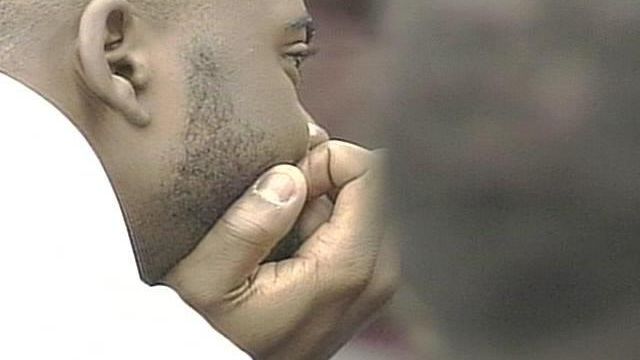Felons Get Warning and Help to Go Straight
Durham Police run a program called STARS that tries to help felons avoid committing more crime.
Posted — UpdatedThe Durham Police Department started the program in 2000.
Since then, more than 300 offenders have participated in Strategies to Abate and Reduce Senseless Violence, or STARS.
A recent study found while many of the 300 continued to commit crimes, the rate at which they committed violent crimes declined by 75 percent.
Without a doubt, the program is an unusual meeting of the minds. Cops, community leaders and criminals meet face-to-face to talk about real issues.
"We know more about you than probably your best friend, you girlfriend or your wife," Police Chief Steve Chalmers warned the 10 participants during a meeting Thursday.
Convicted felons serving probation are given resources to help them get jobs and education. They also are offered spiritual guidance, if they want it.
Police then monitor them for years.
The first step, though, is the intervention, where the felons are put on notice.
"If you're in the Hayti area and think you're gonna bring drugs in, the buck stops here!" said Yvonne Gilyard who works with the Weed and Seed Program.
Gail Neely of North Carolinians Against Gun Violence told the men how their actions impact others.
"It's affecting your family. It's devastating to your family," Neely explained. "What you do affects your children. It's a major, major part of their life."
Many of the participants in the latest round of STARS appeared uninterested, ready to leave the meeting.
Statistics so far show that 66 percent of the first 39 offenders through the program were back in jail within four years.
"It's working because at least 33 percent didn't wind up back in the system," Deputy Chief Ron Hodge said as he also acknowledged there's room for improvement.
"Anytime you start a new program, you're gonna have successes and failures," Hodge explained. "You have to look at what's working, what's not working and what you can do differently."
Hodge believes police need to spend more time with offenders at the beginning of the program to make sure they don't return to crime.
He also saids more emphasis needs to be spent on helping them develop life skills.
STARS offenders who do commit another violent crime are fast -tracked in the legal system. They face federal prosecution, which usually means stiffer prison sentences.
Realistically, police say they know this one program won't eliminate crime in a city that's seen too much of it. They do hope, however, that it will help some felons face reality: shape up or else.
• Credits
Copyright 2024 by Capitol Broadcasting Company. All rights reserved. This material may not be published, broadcast, rewritten or redistributed.





